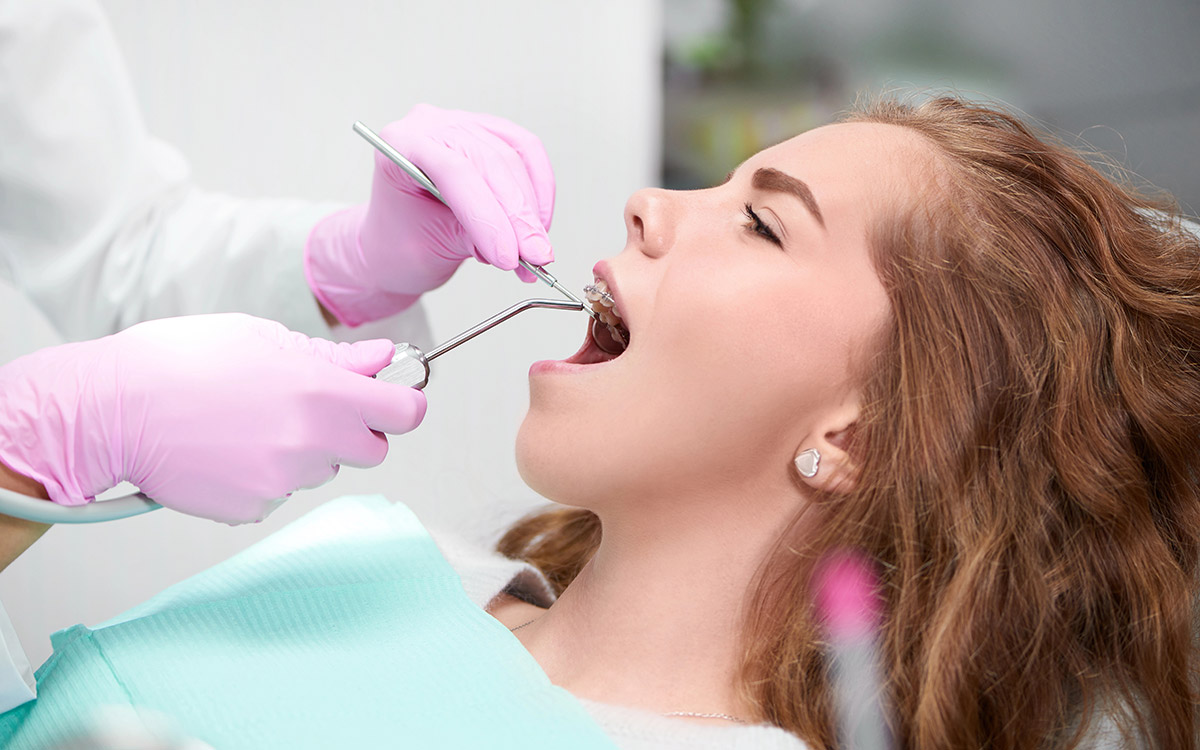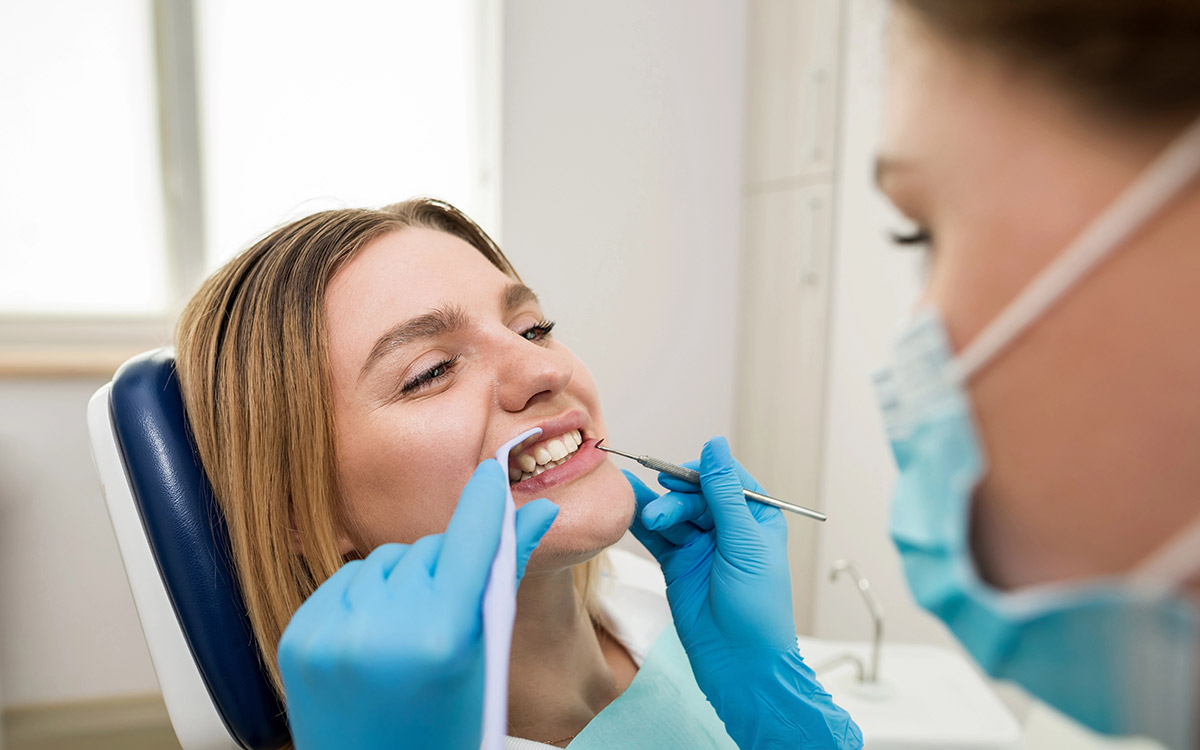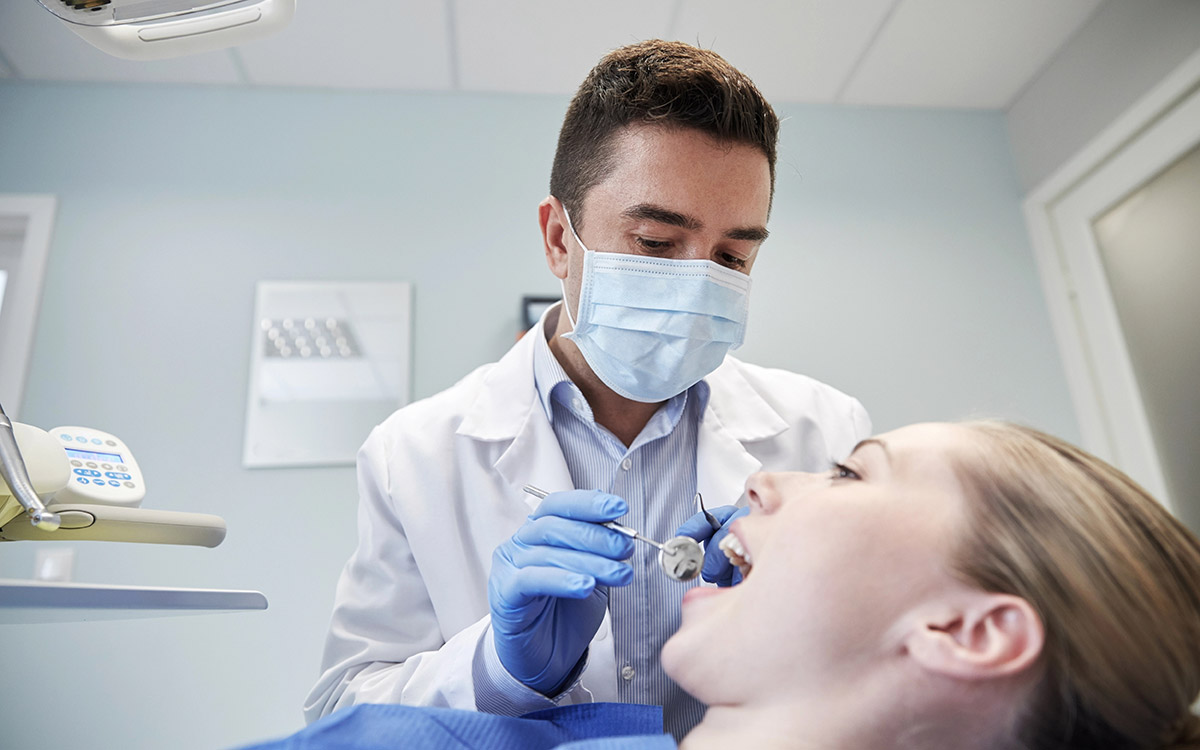Beyond sugar and brushing: What you should know about cavity prevention in 2025.
Cavities have long been blamed on sugar and bad brushing habits—but is that the full story? As dental science evolves, we’re learning that tooth decay is more complex than we thought. From diet and pH balance to your mouth’s microbiome, several lesser-known factors play a role. Let’s explore what actually causes cavities—and what you can do to stop them naturally, without relying solely on fluoride or fillings.
1. Understanding the Real Causes of Cavities
While sugar is a major contributor to cavities, it’s not the only culprit. Cavities develop when acid-producing bacteria feed on carbs and sugars, creating acid that wears down tooth enamel. However, the balance of bacteria in your mouth, saliva production, and even genetics all affect your cavity risk.
“Cavities don’t just appear overnight—they’re a result of your mouth’s overall ecosystem.”
The Role of Oral pH and Saliva
A healthy mouth needs a neutral pH (around 7.0). When acidity increases—due to acidic drinks, poor diet, or frequent snacking—your teeth become more vulnerable to decay. Saliva plays a critical role in neutralizing acids and remineralizing enamel. Dehydration, certain medications, and stress can all reduce saliva flow.
Can You Prevent Cavities Naturally?
Yes—but it takes more than brushing twice a day. Natural cavity prevention includes staying hydrated, chewing sugar-free gum with xylitol, avoiding frequent snacking, and using remineralizing products like hydroxyapatite toothpaste. Some dentists even recommend oil pulling with coconut oil for balancing bacteria.
Why Diet Matters More Than You Think
A diet rich in whole foods—especially crunchy vegetables, leafy greens, and calcium-rich options—helps keep teeth strong. Fermented foods like kefir or sauerkraut may support a healthy oral microbiome, reducing the dominance of cavity-causing bacteria.
“The foods you eat don’t just feed you—they feed your teeth and your mouth’s bacteria.”
When to See Your Dentist
Even if you’re doing all the right things, regular dental checkups are essential. Catching early demineralization before a cavity forms can save you from future drilling. Ask your dentist about preventive options like sealants, remineralizing treatments, or customized fluoride-free plans if you prefer a holistic route.
Conclusion
Cavities aren’t inevitable. By understanding their root causes and making informed choices—from the food you eat to the oral care products you use—you can take charge of your dental health. Combine natural practices with professional checkups for a cavity-resistant smile that lasts a lifetime.







